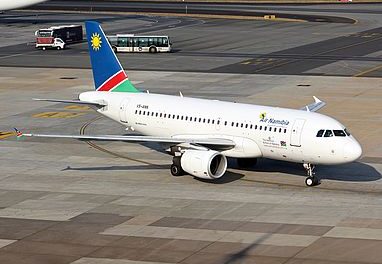
Demand for new vehicles set to retreat – New vehicle sales drop 22.4% in July

The demand for new vehicles is set to start showing signs of a retreat in the coming months, an expert from Simonis Storm Securities, economist Theo Klein, said following the release of new vehicle sales data for July.
New vehicle sales dropped by 22.4% m/m in July 2022 to 677 units compared to 872 units sold in the prior month according to the National Association of Automobile Manufacturers of South Africa (NAAMSA).
On an annual basis, vehicle sales declined by 15.3% y/y in July 2022, dipping below its 6-month moving average.
Passenger and light commercial vehicles had the largest share of units sold in July 2022 with a 56.4% and 39.3% share of all units sold respectively. On a monthly basis, extra-heavy and heavy commercial vehicles recorded the largest declines in sales.
According to NAAMSA vehicle sales during 2022 were trending above 2021’s levels until June 2022. July’s datapoint is the third monthly and annual decline in vehicle sales, and it is the first time that the number of units sold came in below levels seen in 2021.
According to Klein, SSS still sees upward momentum to spare parts and accessories inflation rates, while prices charged for vehicle services and repairs remain muted.
“Motor car inflation rates have slowed to lower single digits during 2022, averaging 4.2% YTD compared to 8.8% in 2021,” he added.
According to Klein, in previous reports, they mentioned that car prices are likely to rise by between 3% – 5% per quarter following our discussions with various brands in Windhoek.
“As usual, Toyota and Volkswagen remain dominant brands in the local automotive market. The 7 brands accounted for 71% of total vehicle sales during July 2022,” he added.
Klein meanwhile said together with a weak Rand exchange rate, there is a risk of seeing vehicle prices continue to rise in Namibia, making it more expensive to purchase and operate cars for Namibians, coupled with the rise in interest rates.













































